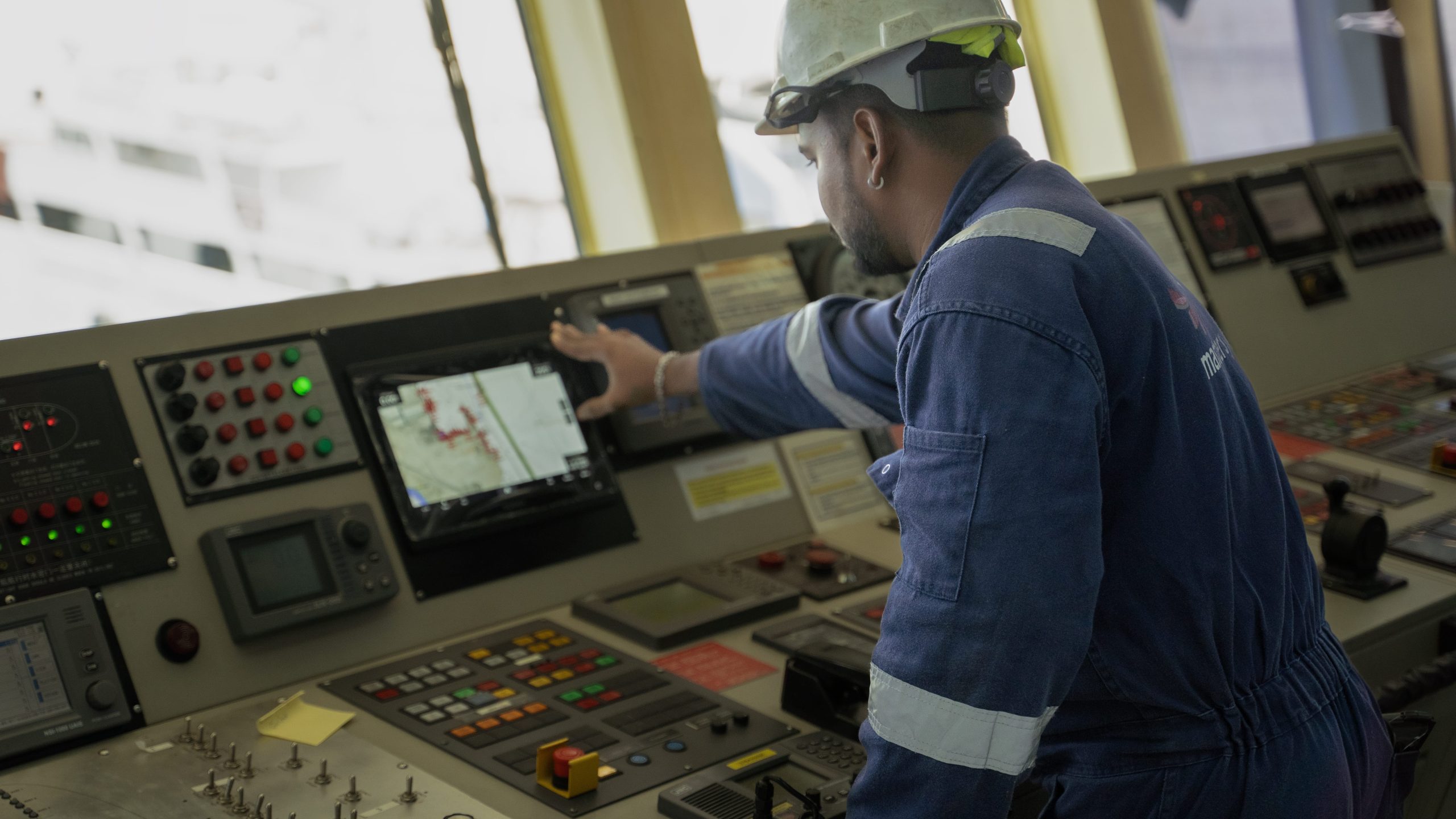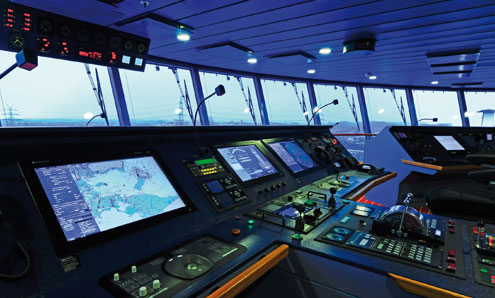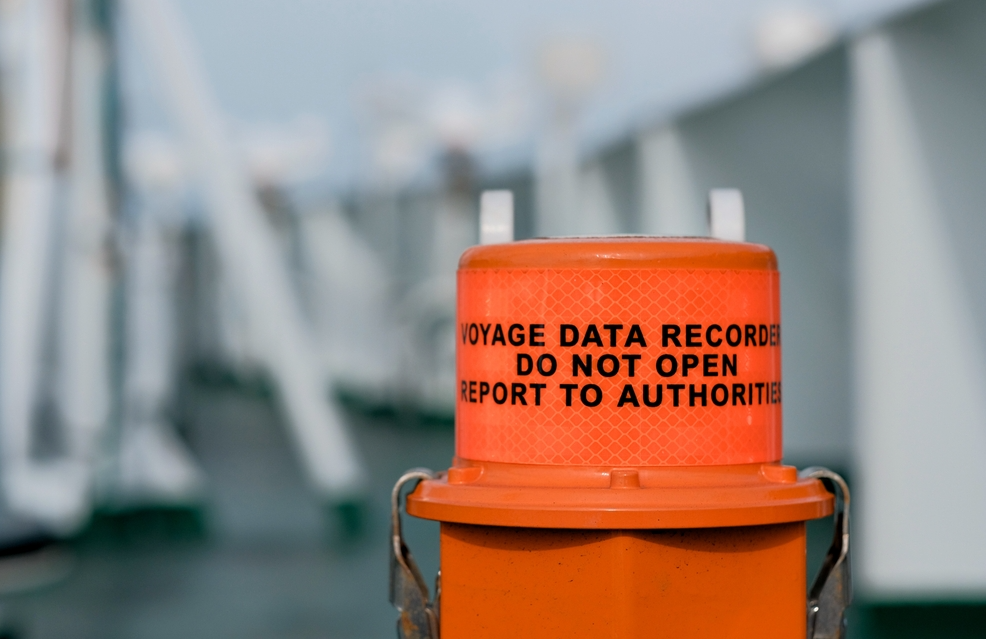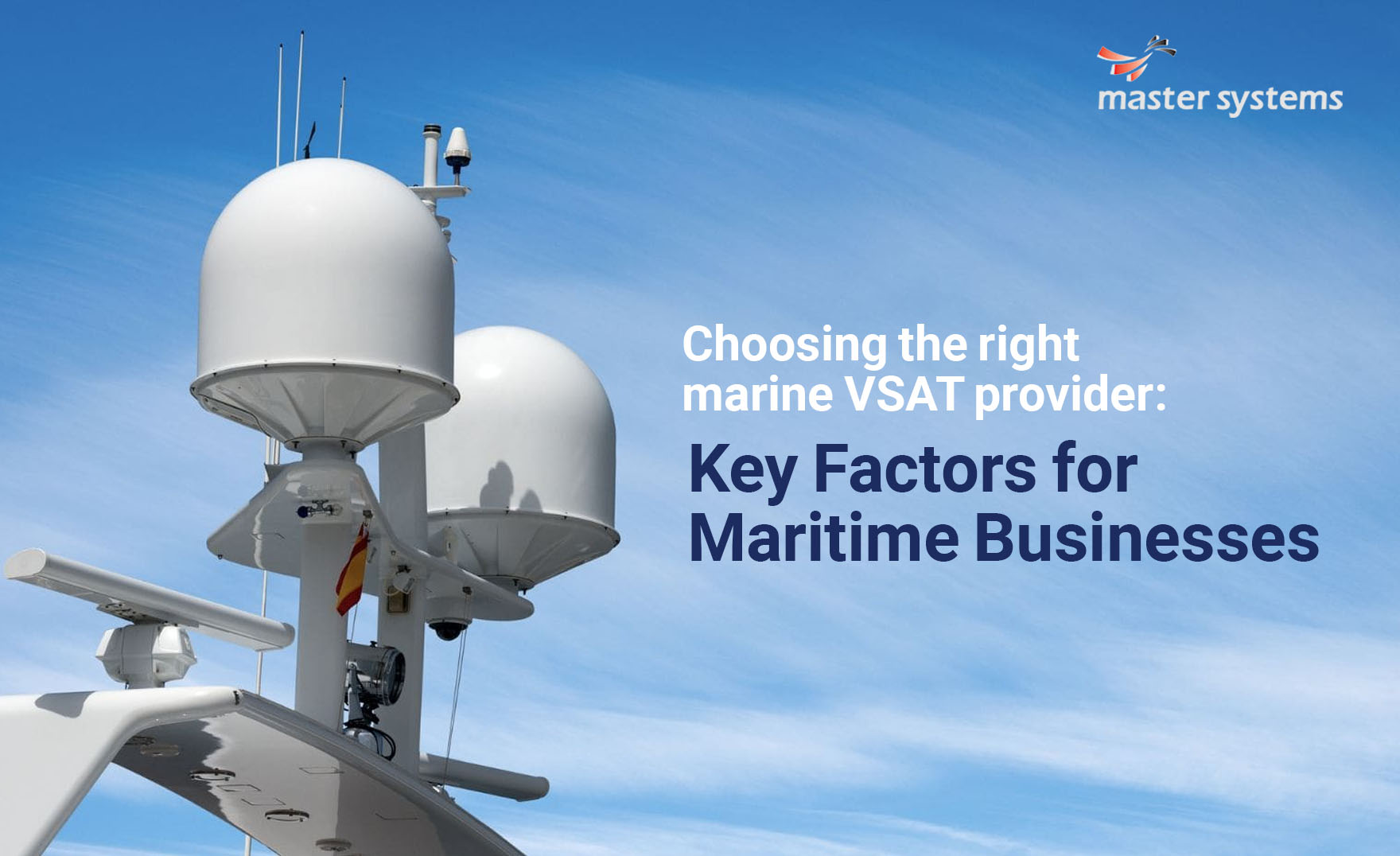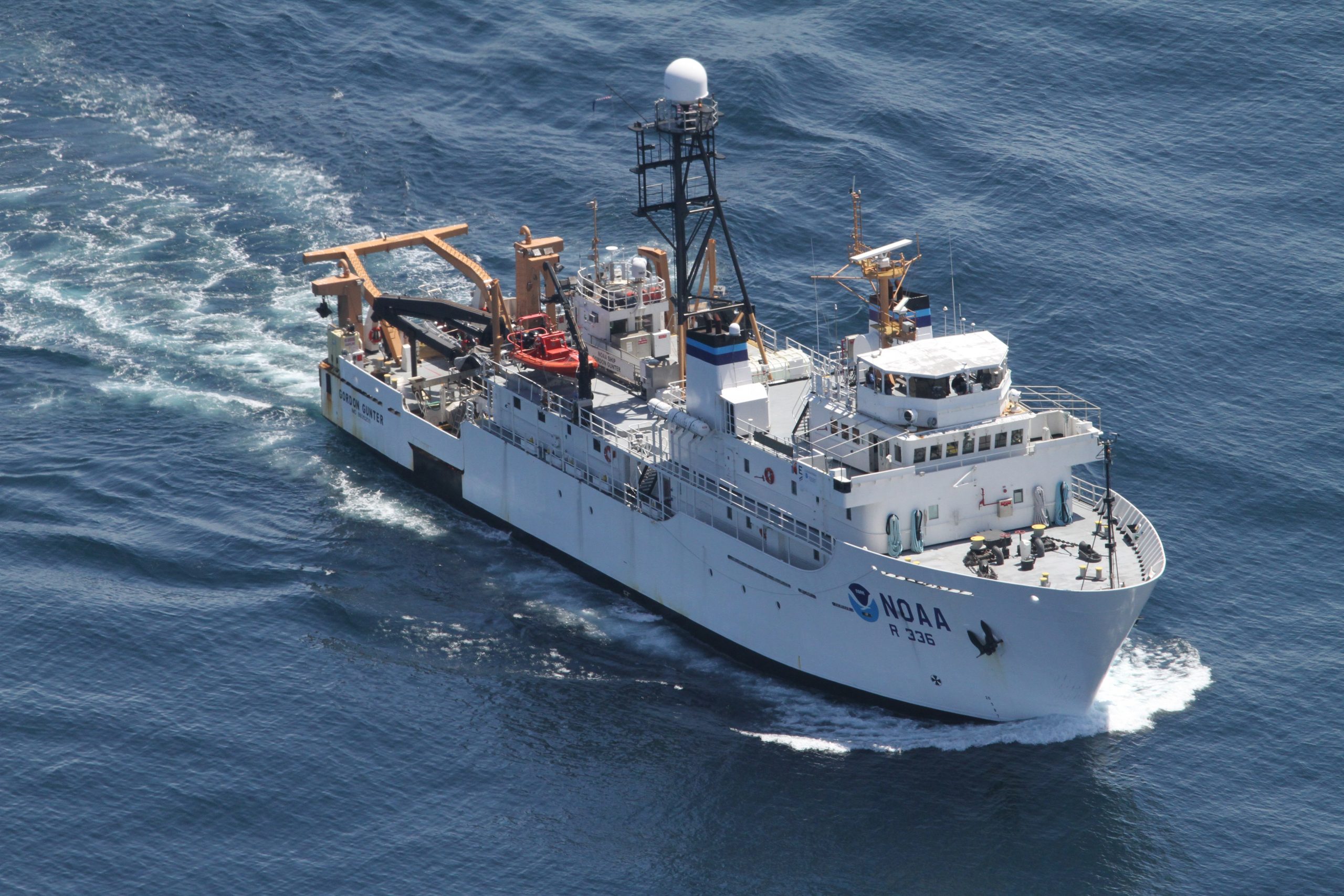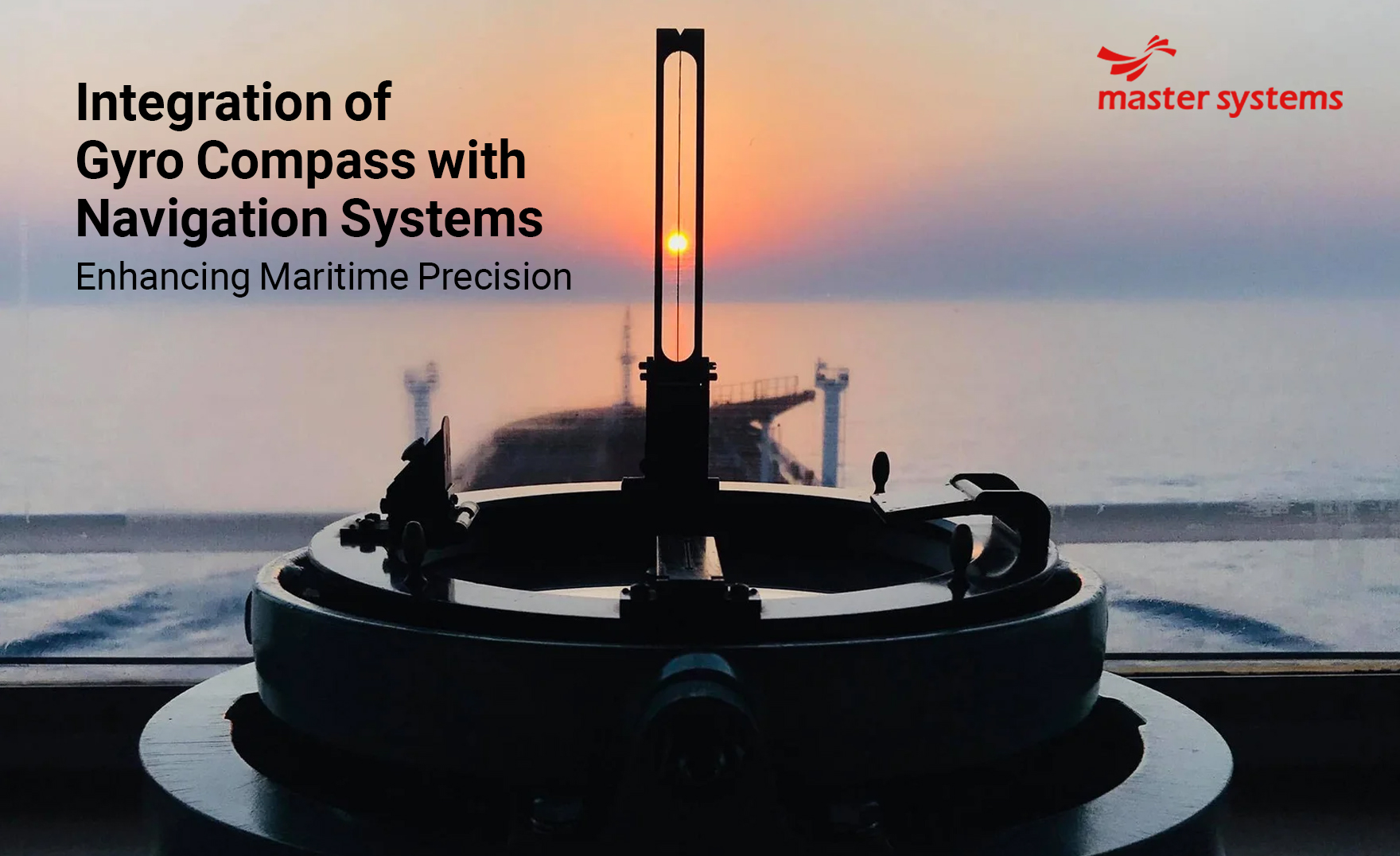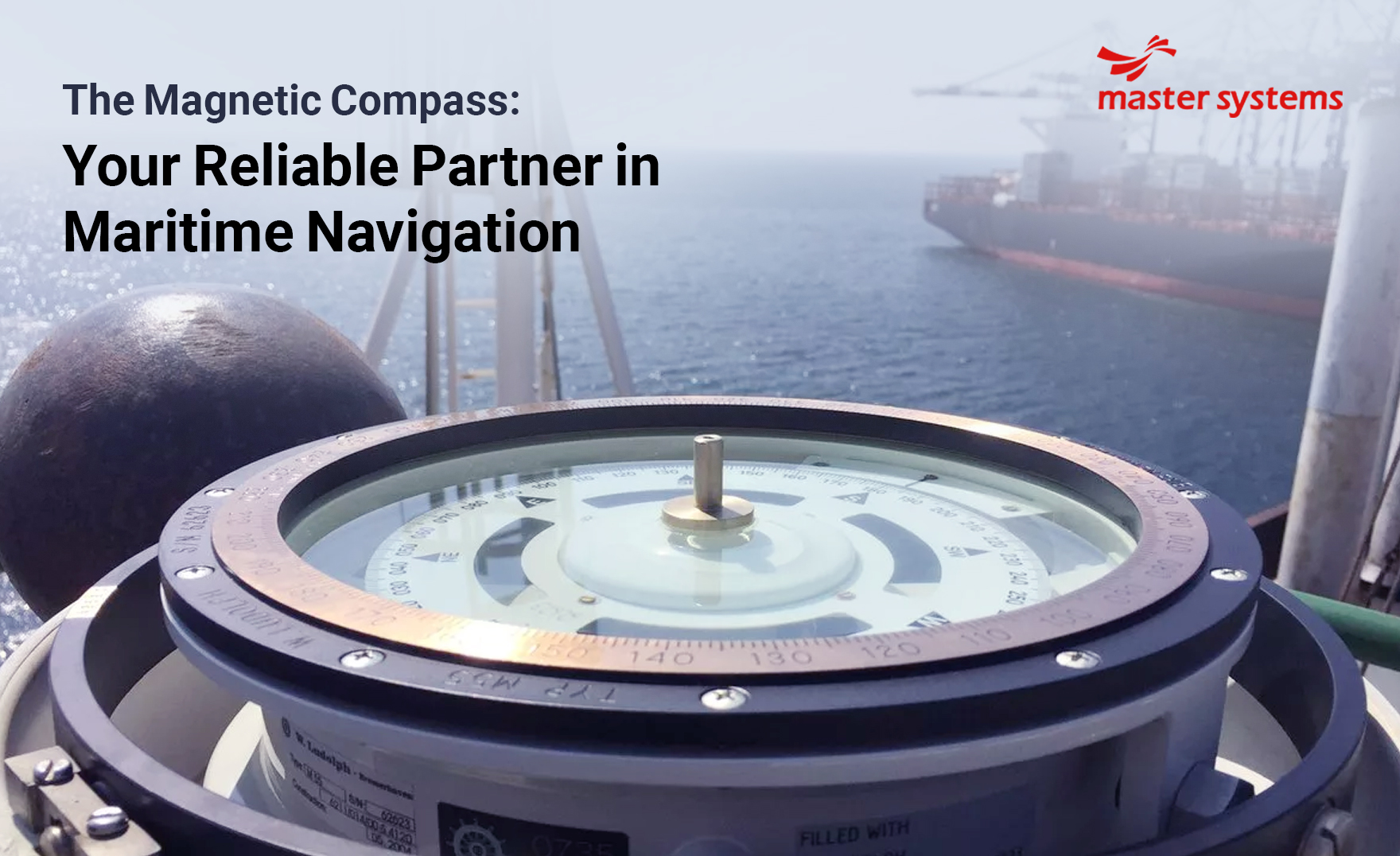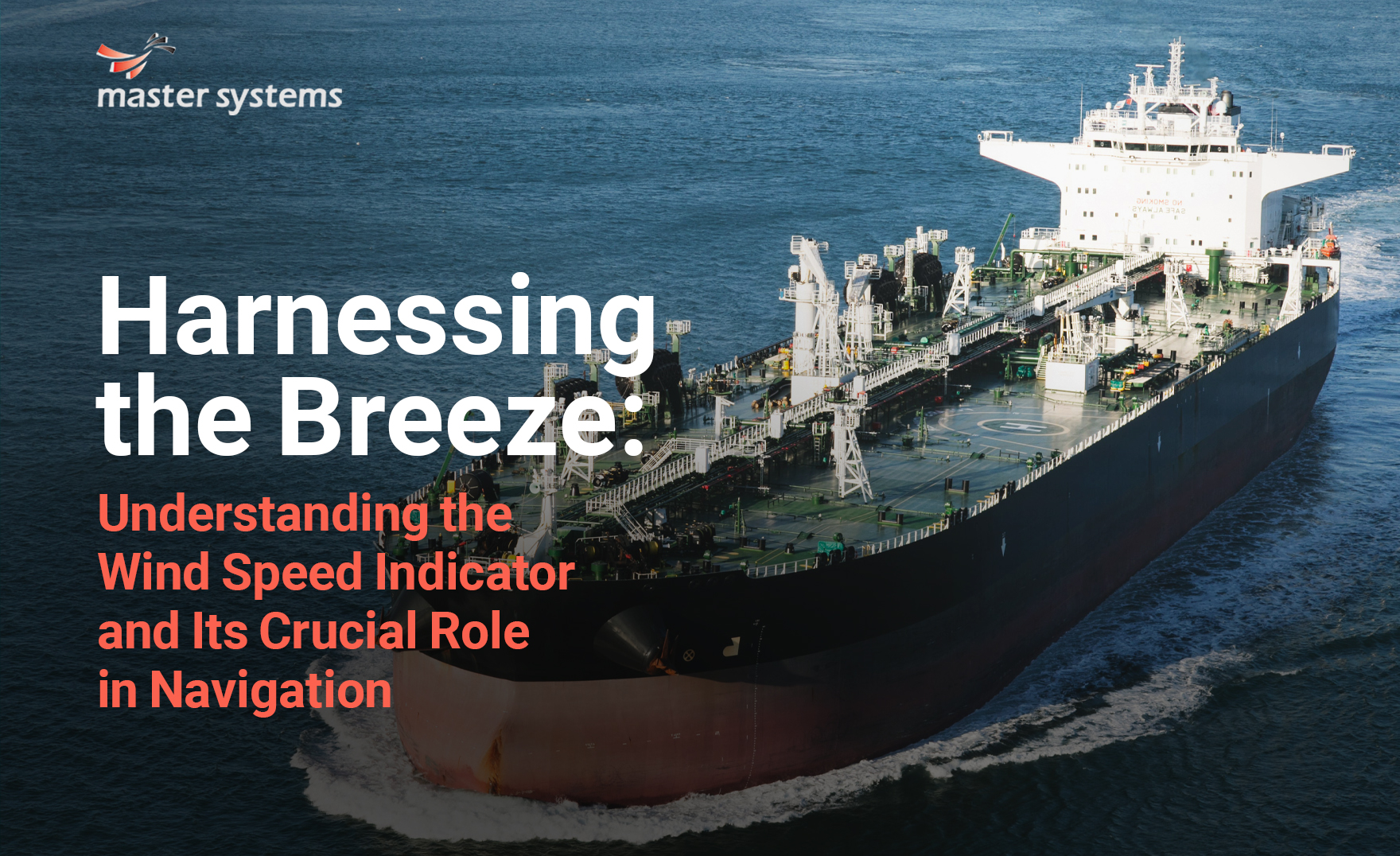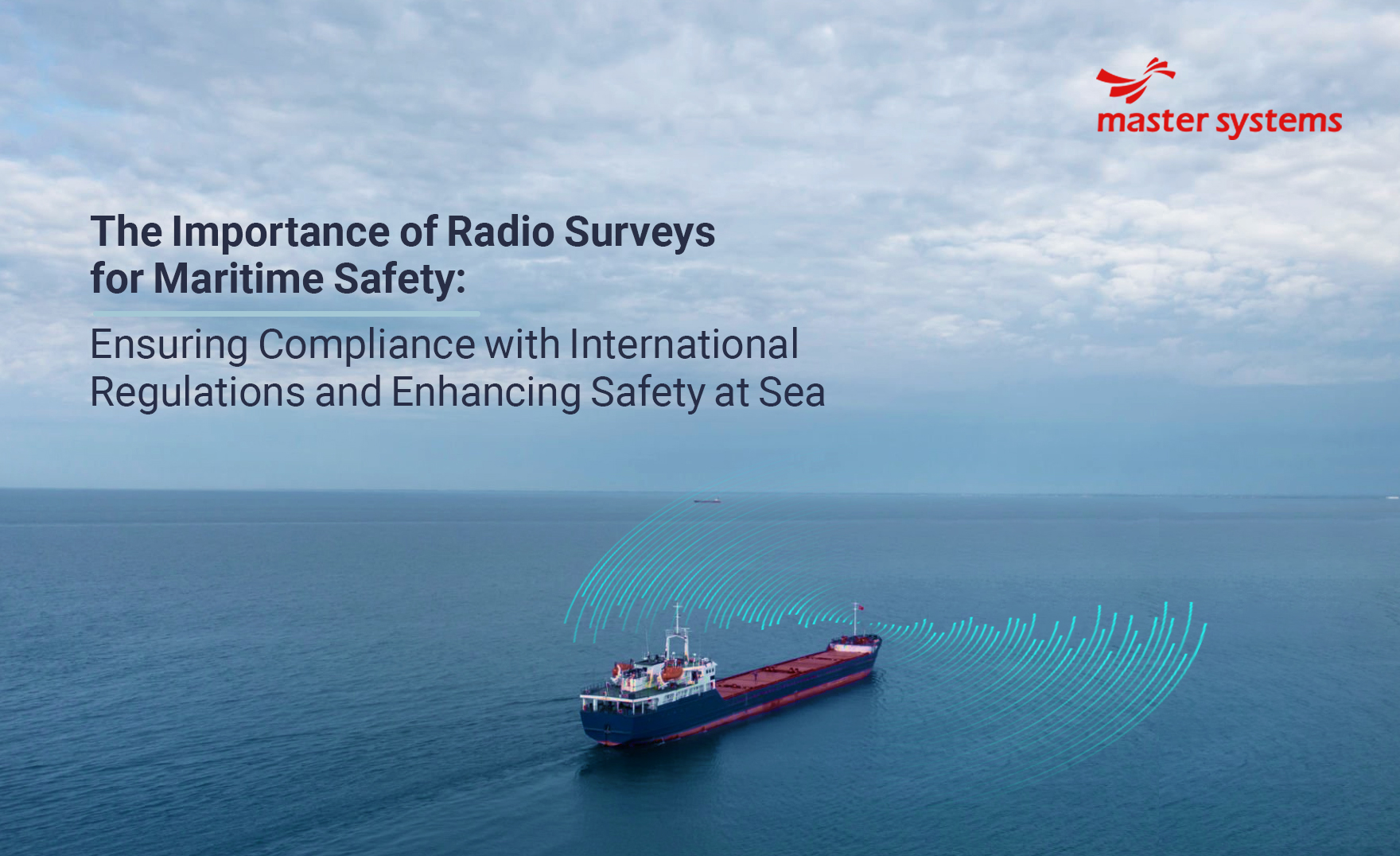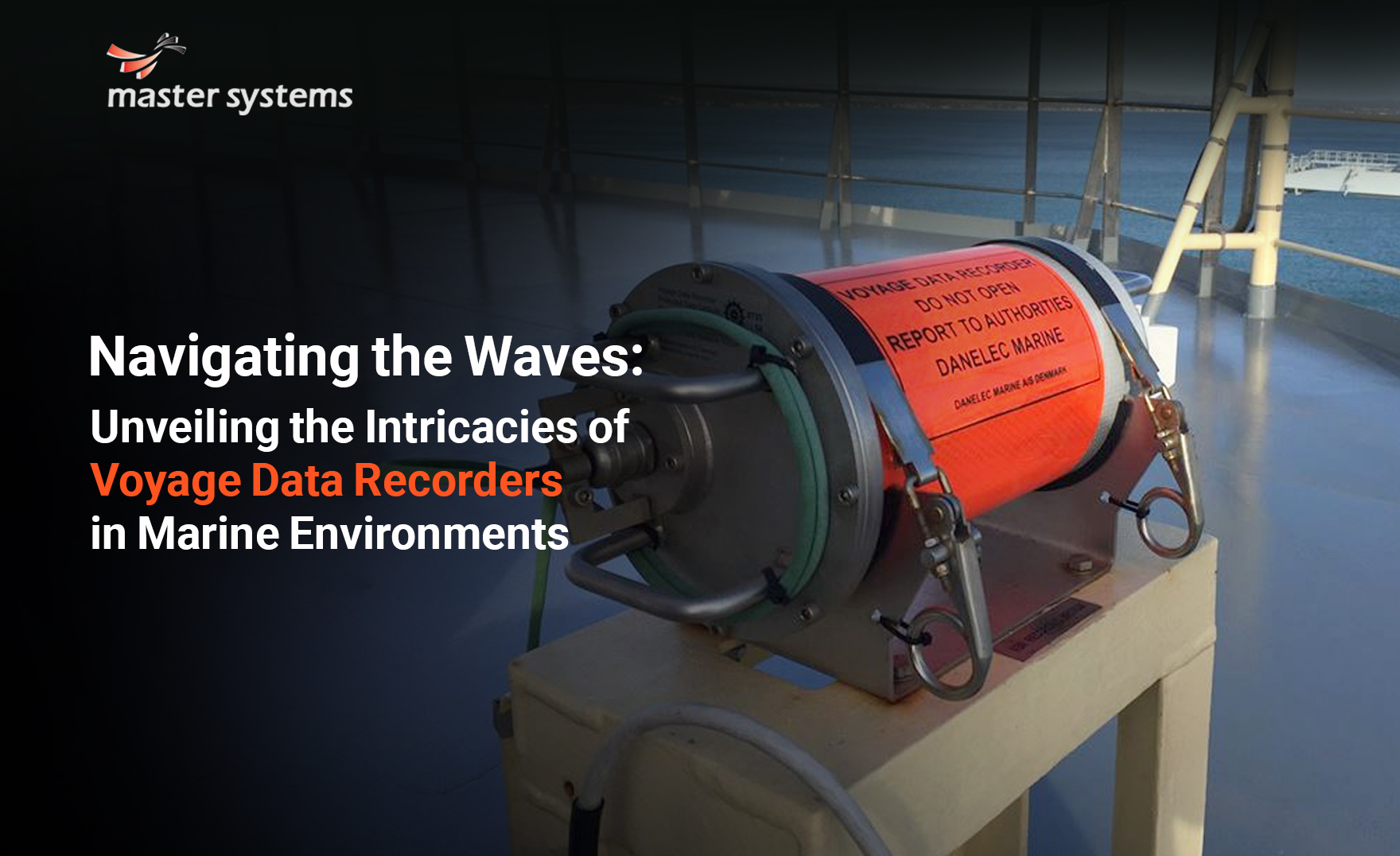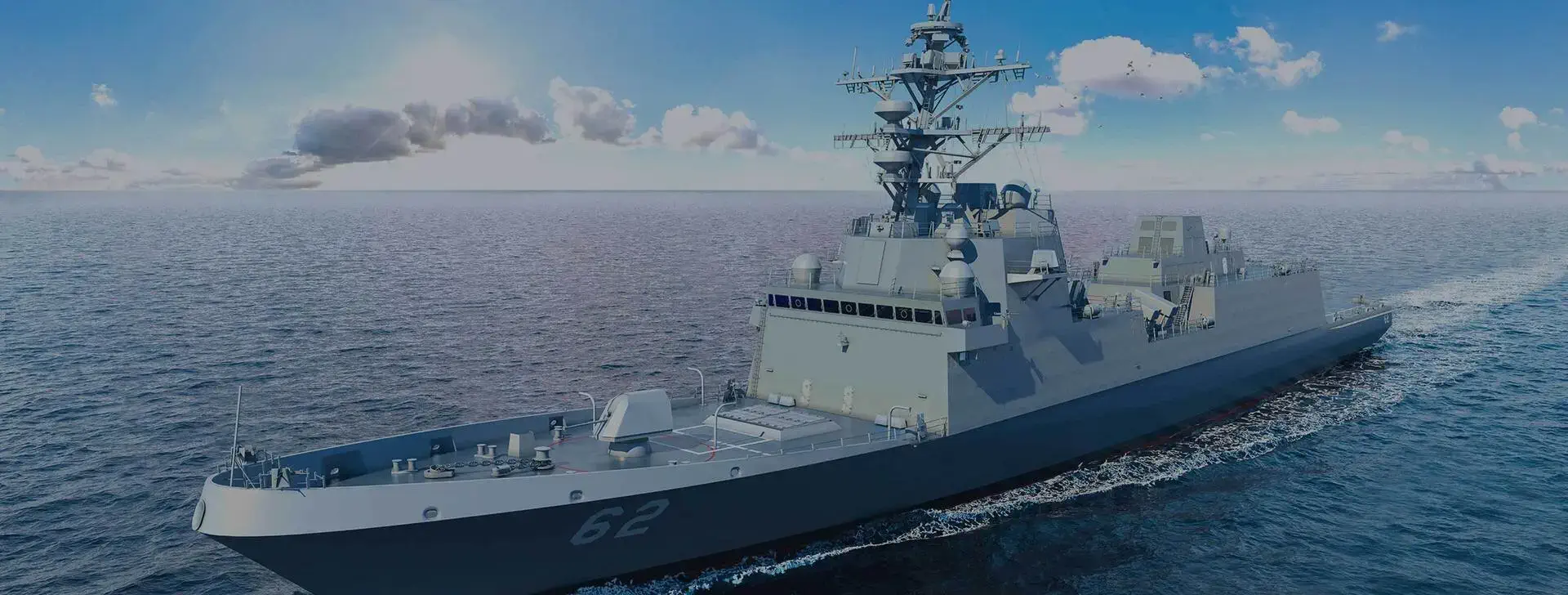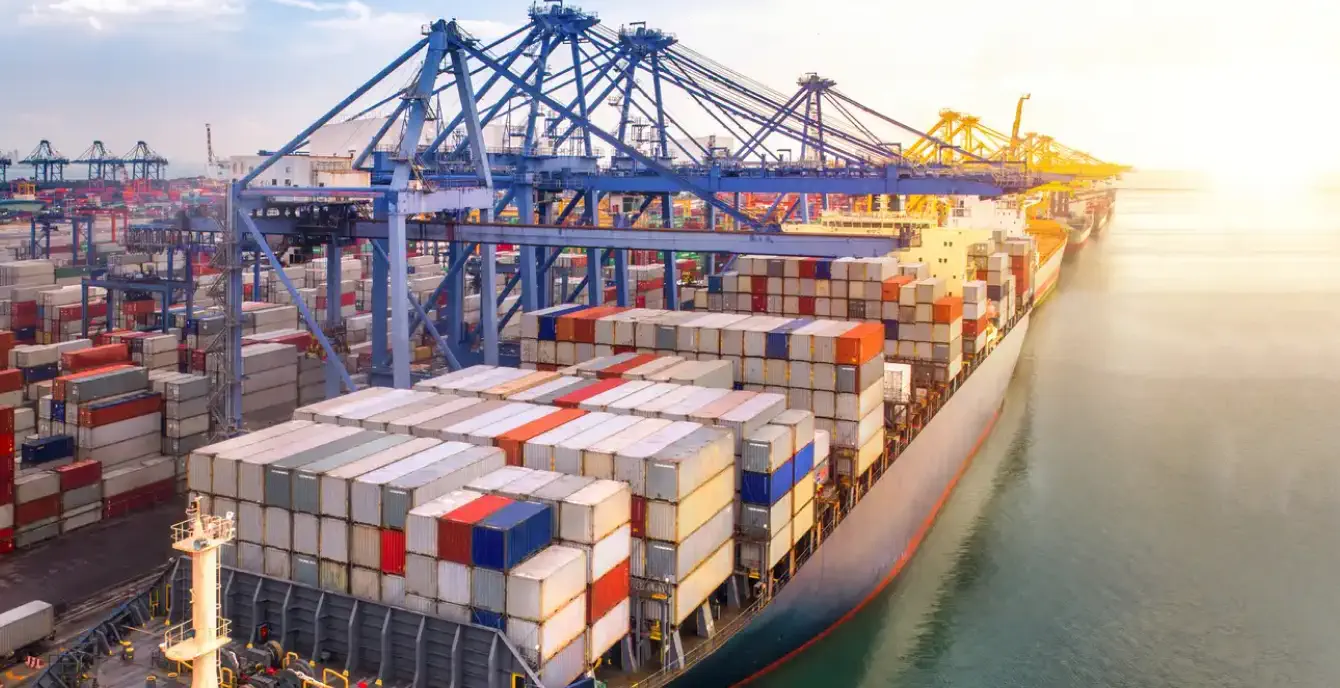Top 10 Essential Marine Supplies Every Vessel Needs in 2025.
As maritime operations become more complex, technological, and compliance-driven, vessel owners must stay ahead of the curve. The year 2025 brings tighter international regulations, greater emphasis on digital connectivity, and growing expectations around crew safety and operational efficiency. Whether you’re managing offshore support vessels, oil tankers, fishing boats, or luxury yachts, these top 10 essential […]
How to Choose the Right Marine Service Partner for Your Vessel?
The marine industry is a demanding and high stakes world of maritime operations and regulations. Efficiency, safety and longevity of your vessels should be ensured consequently, these factors highly depend on the quality of the marine services you rely on. Be it a commercial fleet, an offshore support vessel, or a private yacht, selecting the […]
Navigating Success: Master System’s Collaboration with Top Maritime Brands.
Introduction Master System is a maritime industrial company that is dedicated to deliver comprehensive, excellent and efficient maritime solutions over Abu Dhabi, UAE since 1999. Master System’s unwavering support and commitment have fixed their position in the market. They strive to provide top – notch marine solutions and services along with gas and oil and […]
Navigating Efficiency: A Guide to Power Management Systems in Maritime Industry
Master System: A Notable PMS Supplier UAE Master System is a noteworthy PMS supplier UAE ( Power Management System) in the maritime industry, known for the excellent efficiency and the quality of the products we produce for safe and secure sea voyages that make time at sea worthwhile and useful. Master system offers maritime solutions […]
Vessel Digitalization: Revolutionizing Maritime Operations in the Digital Era
Introduction The maritime industry is undergoing a profound transformation through vessel digitalization. This technological revolution involves integrating digital systems, automation, data analytics, and connectivity solutions to optimize vessel operations, enhance safety, reduce environmental impact, and improve overall efficiency. As global trade continues to grow and environmental regulations tighten, shipping companies are increasingly turning to digital […]
Choosing the Right Marine VSAT Service Suppliers: A Guide for Maritime Businesses
Communication is the lifeblood of any business, and on the ocean, it is literally the thread that holds the ships to the rest of the world. If you think about it, connectivity is more of a requirement rather than a luxury. Managing day-to-day operations or ensuring the safety of a vessel or just looking after […]
How to Enable Flawless Communication at Sea: The Role and Importance of VHF Radios in Maritime Operations
Communication at sea is never a convenience but rather a necessity, without which a lot like coordinating with ports, ensuring smooth navigation, or sending emergency distress signals may not be possible, which is to say, in simpler terms, it is like knowingly putting the passenger’s life at risk. Therefore, having VHF radios in vessels is […]
Integration of Gyro Compass with Navigation Systems: The Path to Improve Maritime Precision
How would you think a vessel charting its course through the unpredictable waters of the Indian Ocean—where low visibility, strong winds, and relentless waves create a challenging environment, would survive? Traditional magnetic compasses struggle with deviations, but modern navigation, especially in conditions like this, demands accuracy beyond guesswork. This is where a gyro compass becomes […]
Magnetic Compass Adjustment: A Comprehensive Guide for Mariners
Magnetic Compass Adjustment: A Comprehensive Guide for Mariners For centuries, the magnetic compass was the loyal guide that led a number of explorers to new shores, ushering thousands of fearless sea voyages into the unknown. This understated yet impactful tool played a pretty decent role in shaping maritime history for a long, long time, perpetually […]
Harnessing the Breeze: Understanding Wind Speed Indicators and Their Crucial Role in Navigation
In the vast expanse of the open sea, where endless horizons meet the sky, navigating a ship becomes a delicate dance between man and nature. One of the most critical elements influencing maritime navigation is the wind, and understanding its speed is paramount for ensuring safe and efficient journeys. This is where Wind Speed Indicators, […]
The Importance of Radio Surveys for Maritime Safety: Ensuring Compliance with International Regulations and Enhancing Safety at Sea
At sea, where conditions can change in an instant, effective Communication is not just important; it’s vital. It’s the key to detecting potential threats and responding to emergencies. Unlike on land, the sea offers limited communication options, making comprehensive radio surveys a critical tool for maritime safety. So, having an appropriate and fully functioning radio […]
Navigating the Waves: Unveiling the Intricacies of Voyage Data Recorders in Marine Environments
In the vast expanse of the open sea, where capricious rules and difficulties flourish, the maritime industry depends on state of the art innovation to guarantee the security and proficiency of voyages. Among the irreplaceable devices utilized in this attempt is the Voyage data Recorder (VDR). This blog will dive into the specialized complexities of […]
Master system: A Global Leader in Maritime Solutions
Master system has established itself as a global leader in the maritime industry, serving clients across the globe. Their reputation for excellence is not only due to their innovative products and services but also their unwavering commitment to customer satisfaction. One of the key factors contributing to Master system’s success is their team of highly skilled […]
Master system Makes Waves at SMM Hamburg 2024
Master system, a renowned provider of marine services and supply solutions, has made a strong presence at the prestigious SMM Hamburg 2024 maritime fair. The company’s dedication to quality, safety, and environmental standards has attracted significant attention from industry leaders and potential partners. Master system services At the fair, Master system showcased its comprehensive range […]
Seaworthy solutions : blueprint for sustainable ship maintenance
Dive in as we navigate the ins and outs of advanced, eco-friendly marine maintenance strategies, revealing our time-tested blueprints that set us apart in the industry. Aboard this informational voyage, you’ll discover how we make every charter, every yacht, every tugboat, not just seaworthy, but Earth-worthy as well. Stay tuned to our blog to transform […]


